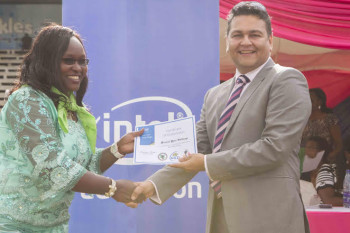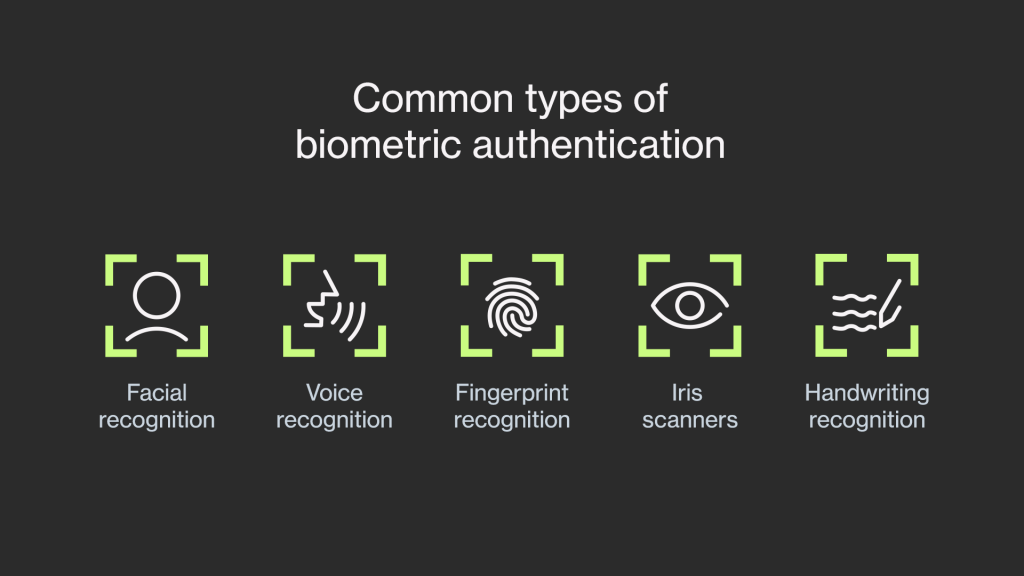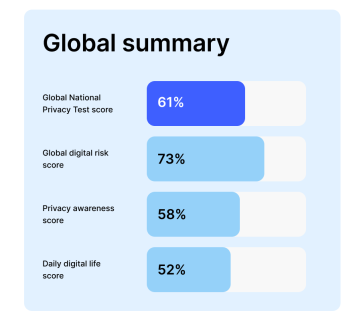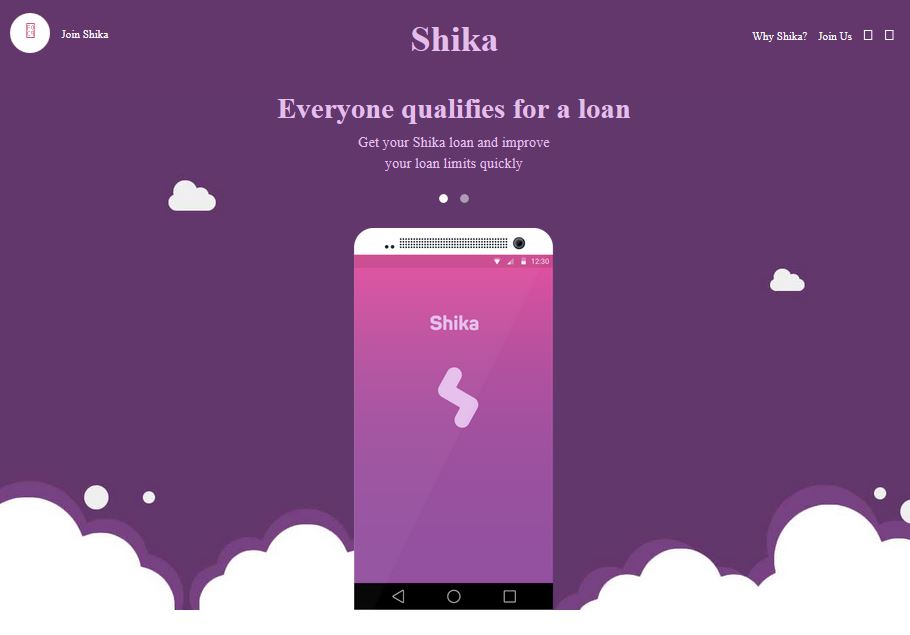In a move aimed at bridging the digital gender gap that exists in Sub Saharan Africa, Intel introduced a programme dubbed She Will Connect that was aimed at training African women on digital literacy in order to empower the community through ICT.
With women investing up to 90% of their income in their respective communities, according to Intel, the programme found there was a need for more women to come online hence the move to educate the female gender on how to use ICT as a tool in the process of decision making.d
Partnering the Ministry of Devolution and Planning in Kenya, 400 women have so far completed their training through the Intel She Will Connect Programme taking place at the Kenya Institute of Curriculum Development (KICD).
The 400 were a selection from The League of Kenyan Women Voters, a member organisation that provides women with a forum to take part in national decision making processes as well as leadership across the country.
On completion of the training, women and girls are provided with the opportunity to either start their businesses or enter into employment where they can utilize their acquired ICT skills to help empower themselves as well as develop their respective communities.
The programme is currently available in various countries across Africa, with the one in Kenya being made possible through a series of partnerships to include Kenya ICT Authority, The Rockefeller Foundation, USAID, Safari Connect and The Youth Banner, a consultant for ICT authority.
With Kenya including the use of Internet for contribution in the budget preparation process and currently in the process of rolling out the eCitizen programme to help bring services to the reach of each citizen, Devolution and Planning CS Anne Waiguru says ICT for women is important.
“It is therefore important for every citizen in the country, especially the women and the youth, to equally have access to ICT tools and knowledge. ICT can play the important role of bridging the traditional gender gap,” said Ann Waiguru.
Africa is banking on increased internet access for women to help develop the continent both socially and economically, as women are the core of the working worls with 60 per cent of the world’s work being done by the female community.





